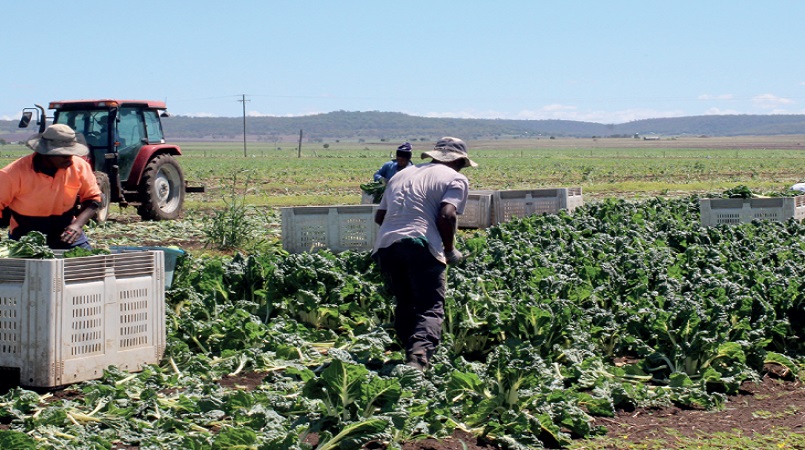
Vanuatu is supporting a global call to action to policymakers, regulators and remittance service providers to improve migrants’ access for sending and receiving remittances, and to reduce transfer costs during the ongoing COVID-19 pandemic.
It has been estimated that the pandemic will cause a 20% decline in the amount of remittances sent by migrants back home to low- and middle-income countries. This is due to loss of wages and employment by migrants alongside restrictions placed on remittances providers during lockdown.
The goal of the call to action, Remittances in Crisis – How to Keep Them Flowing, is, therefore, to remove the obstacles that migrants and their families face when sending and receiving money. Many families rely on remittances to finance basic needs such as housing, education, food and medical care.
Reduced remittances have a knock-on effect on local economies. The Director General of the Ministry of Finance and Economic Management, Letlet August, mentioned; “In Vanuatu, we are acutely aware that a reduction in remittances can have major ripple effects across our local communities and economies and can result in a decrease in productive investment, consumption spending and access to education and health services. Lockdowns, travel bans and physical distancing measures in response to the crisis have disproportionately affected the migrant workers, who have found themselves stranded unable to return to their place of work or their communities of origin.”
In Vanuatu, there has already been a considerable effort to drive down the cost and increase the ease of sending remittances over the past few years. The National Bank of Vanuatu has undergone a digital transformation and developed features aimed at helping seasonal workers to send money home. At the end of 2019 Vodafone Vanuatu launched a mobile money wallet offering cheaper domestic remittances. These digital transformation and mobile money projects were supported by the Pacific Financial Inclusion Programme, a jointly administered programme from the United Nations Development Programme (UNDP) and the United Nations Capital Development Fund (UNCDF).
Spearheaded by the Government of Switzerland and the Government of the United Kingdom, the call to action is also supported by the global knowledge partnership on migration and development KNOMAD, UNCDF and UNDP, the World Bank, the International Organisation for Migration (IOM) and the International Association of Money Transfer Networks (IAMTN), and the International Chamber of Commerce (ICC).
